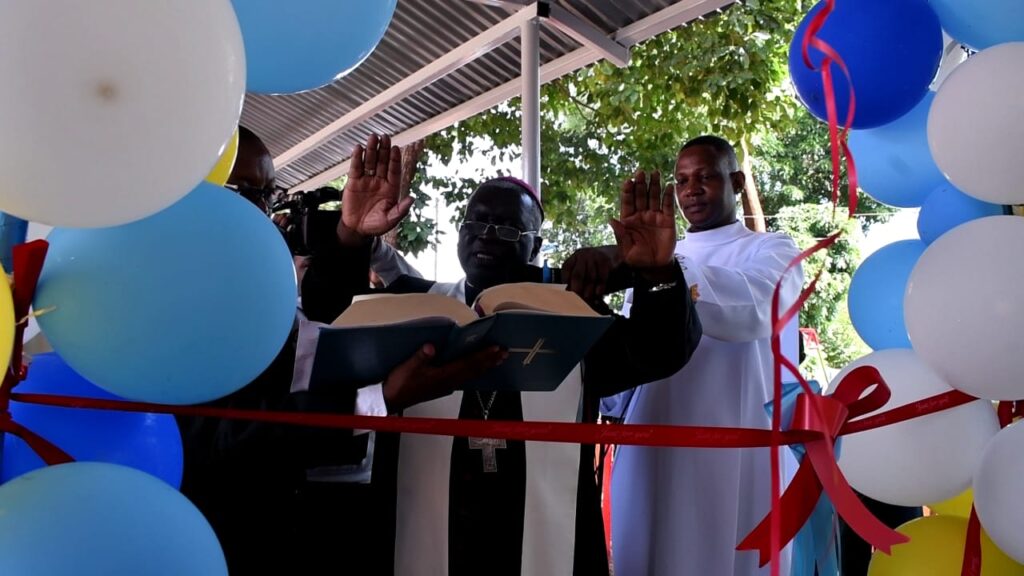Kenya’s healthcare system is teetering on the edge of a major disruption, as the Catholic Church has issued a stark warning over the possible closure of its nationwide network of hospitals. At the heart of the crisis lies an unpaid debt by the now-defunct National Health Insurance Fund (NHIF), which church officials say has paralyzed operations in over 1,600 faith-based health facilities across the country.
Archbishop Philip Anyolo, speaking in Thika during the opening of a new maternal and child health unit at Mary Help the Sick Catholic Hospital, did not mince words. He revealed that without immediate intervention by the government, the Church may be forced to halt health services altogether—a move that would disproportionately affect low-income and rural populations who rely heavily on mission hospitals for affordable and quality care.

The Archbishop painted a bleak picture of the Church’s health programs, stating that services have already been scaled down and vital community outreach initiatives suspended. He stressed that the Church’s contribution to healthcare in Kenya is not supplementary but foundational, especially in underserved regions.
“This is not just a Church problem. This is a national health emergency,” Anyolo said, warning that the failure of the government to address the debt could trigger a collapse in the very healthcare infrastructure it claims to support.
The Archbishop also criticized the performance of the newly introduced Social Health Authority (SHA), pointing out that delays in disbursement of funds have left patients detained in hospitals despite being medically cleared for discharge. According to him, this failure not only traps Kenyans in suffering but also hinders the country’s broader development goals.
“We have been patient. But Kenyans cannot continue to bear the brunt of bureaucratic inefficiency and broken systems. There must be a serious conversation about the role of the SHA and whether it is fit for purpose,” Anyolo said.
His concerns were reinforced by Mary Help the Sick Hospital CEO Bhagya Seeli, who highlighted the pressure the hospital faces due to the growing maternal health demands. She described the opening of the new Mother-Child Centre as both timely and critical. The facility will help reduce congestion and ensure that mothers and newborns receive specialized care in a safer environment, away from the general patient population.
Seeli noted that the hospital currently handles more than 170 deliveries per month, a number that stretches the existing infrastructure beyond capacity. The new unit, she said, will ease that burden, improve health outcomes, and restore dignity to maternal care in the region.
But as one wing opens, the threat of total shutdown hangs heavily in the air. The underlying question remains: Why is a nation so quick to legislate healthcare reform, yet so slow to fund its most vital services? And who pays the price when the state defaults—if not the ordinary Kenyan?


![Public Service Commission (PSC) Vice-Chairperson Mary Wanjira Kimonye (right) receives a trophy gift from the Institute of Human Resources Management [IHRM] during the 6th Women in HR Convention which is in Naivasha. Photo by Shikuku/ Immaculate Kariuki](https://coatmediaafrica.com/wp-content/uploads/2025/03/DSC_3896-120x86.jpg)





